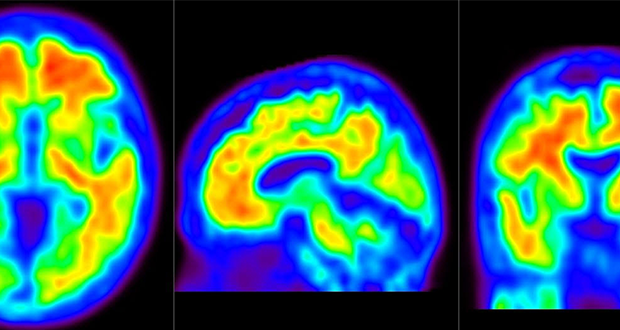New results from a medical trial have revealed that a new drug may be able to slow the progression of early symptoms of Alzheimer's disease.
Researchers found that Donanemab may slow the progression of the disease by targeting amyloid plaques – proteins in the brain that are thought to play a central role in the development of Alzheimer's, a leading cause of dementia.
The drug slowed the disease's progression by 35 per cent in patients with early-stage Alzheimer's, the trial showed.
Dementia Australia's chief Maree McCabe said the results were an exciting development.
"With dementia being the second leading cause of death in Australians, and the leading cause in Australian women, we welcome any steps taken towards improving the lives of people with dementia, their families, and carers," Ms McCabe said.
"This research also highlights the importance of early diagnosis so people can access treatment and support as soon as possible."
The number of Australians currently living with dementia is estimated to be around 400,000 to 500,000.
Experts predict this figure will increase to nearly 900,000 in the next 25 years.
Around 70 per cent of aged care residents live with moderate to severe cognitive impairment.
Dr Kaele Stokes – the executive director of services, advocacy & research at Dementia Australia – told Aged Care Insite that people wanting to access the drug should be notified about the risks.
"In the clinical trial, some people experienced side effects like brain swelling and microbleeds in the brain," Dr Stokes said.
"People need to understand the risks of donanemab and understand whether they want to take it."
"It's not as simple as going to the doctor and getting a tablet prescribed."
Donanemab is currently waiting to be approved by the TGA, however, the cost and accessibility of the drug pose a major issue.
The drug will require monthly transfusions and is expected to have an annual price of approximately USD$28,000, equivalent to AUD$40,000.
"The company that produced it will probably have to look at subsidising the medication to be accessible to the people who need it," Dr Stokes said.
"An important component after the TGA approval would be getting it listed on the Pharmaceutical Benefits Scheme."
As donanemab is an early intervention drug, Dr Stokes said Australia must also dedicate time and money to update existing Alzheimer's facilities so people are diagnosed earlier.
"We know there's, on average, a three-year delay from people experiencing symptoms to the initial diagnoses," Dr Stokes said.
"We really need to be able to have a healthcare system in place to identify people at the early stages."
Do you have an idea for a story?Email [email protected]
 Aged Care Insite Australia's number one aged care news source
Aged Care Insite Australia's number one aged care news source

